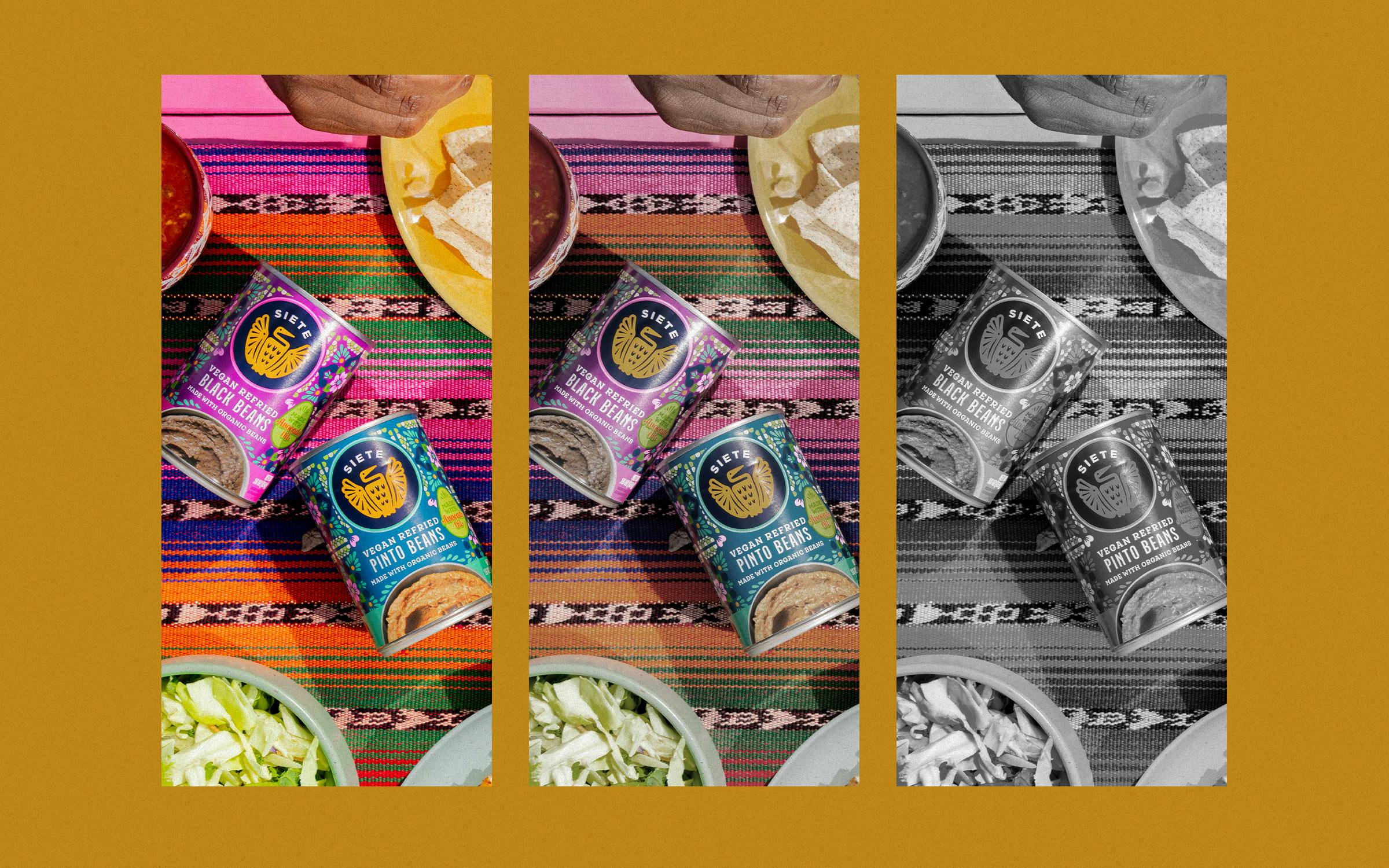A decade after the Garza family started selling almond-flour tortillas out of their CrossFit gym in Laredo, the Siete Foods founders are getting a pretty sweet deal.
PepsiCo announced earlier this month that it’s buying the Austin-based brand for $1.2 billion and expects to close the deal by the first half of 2025. But some fans are suspicious about what changes the soda corporation might make to the grain-free and dairy-free products.
The Garza family launched the grain-free tortilla business in 2014 after Veronica, one of the five kids, was diagnosed with autoimmune diseases but still wanted to enjoy the staples of her Mexican American heritage.
Since then, the brand has grown nationally, selling tortillas, salsas, seasonings, sauces, cookies, and chips in thousands of stores, from H-E-B to Walmart. In 2019 Siete received $90 million in funding from private equity firm Stripes Group, and actress Eva Longoria recently made an investment.
Miguel Garza, the youngest of the five siblings and the CEO, said in a statement to Texas Monthly that Siete “has focused on making and sharing inclusive food, and gathering together in community” for a decade, and that “PepsiCo will give Siete the resources to take that mission even further for decades to come and bring the Siete brand to more people.”
Garza also said the family of seven is “excited to stay involved and work with PepsiCo to honor, amplify, and continue building the Siete brand.”
They’re hopeful this move will be an inspiration for other Latino brands. “We’re deeply moved by the passionate responses we’ve seen, from the love for our products to the outpouring of support for such a significant milestone for Latino entrepreneurship,” Miguel added.
PepsiCo, whose portfolio includes Lay’s, Doritos, Cheetos, Gatorade, Pepsi-Cola, and Mountain Dew, said in the press release that this acquisition is a move to add an “authentic Mexican American brand while also growing its better-for-you food offerings.”
Siete Foods isn’t the only homegrown company to sell to a big corporation for a pretty penny. In July, Orlando-based Darden Restaurants, which owns Olive Garden and LongHorn Steakhouse, bought Tex-Mex chain Chuy’s for $605 million. And don’t get Texans started on the controversial sale of Whataburger to BDT Capital Partners, a Chicago-based investment firm, in 2019.
While PepsiCo did not respond to requests for comment prior to publication, chairman and CEO Ramon Laguarta said in the release that the corporation is “excited to carry on the legacy created by the Garza family,” but did not specify any upcoming changes to the brand.
Some Siete fans, who felt the brand was a safe haven for health-conscious consumers, aren’t as thrilled about the news. Many took to Reddit, X, and TikTok to share their concerns, much like the uproar among consumers when Campbell bought family-owned Rao’s pasta sauces last year.
Norman Oh, a 33-year-old Austin resident who’s gluten and lactose intolerant, told Texas Monthly he will still purchase his favorite nacho tortilla chips but with less frequency and mainly to “compare the ingredients and see what has changed,” he said.
Keri Battles, an Austin resident diagnosed with celiac disease a few years ago, hopes that Siete stays dedicated to serving customers like her. Large-scale manufacturers often can’t guarantee gluten-free products because of potential cross-contamination with other products in their facilities. Battles worries that PepsiCo will “scale up manufacturing to the point where they can’t call it gluten-free anymore, and instead just gluten-friendly,” she said. “I can’t eat anything that’s manufactured in a facility with wheat.”
Some consumers became fans of the brand for its local, family-owned ethos. Nicole Correia, a dairy-free and gluten-free baker in Dallas, said she was proud to support Siete “as a small-business owner myself,” but she doesn’t trust large corporations. “You could tell how much the [Garza] family cared when they started this company out of need.”
That Siete is a Latino-owned brand accounts for a lot of the loyalty. Erika Saenz, a 37-year-old Austin resident and Rio Grande Valley native, said she’s gluten intolerant, “so the fact that I was able to eat things I grew up with again, like breakfast tacos and Mexican wedding cookies, made me so happy.” She was also happy to see representation in the market from the border. “Obviously there are some positives. They deserve this money, but I wish they could have stuck around and carried on that legacy and pride we all feel as Latinos.”

